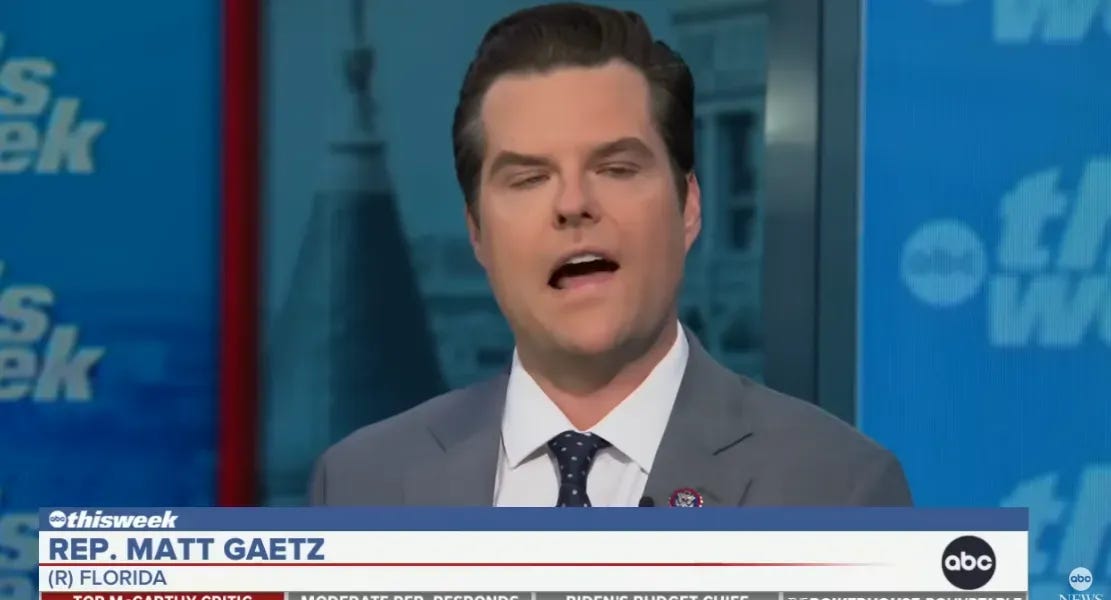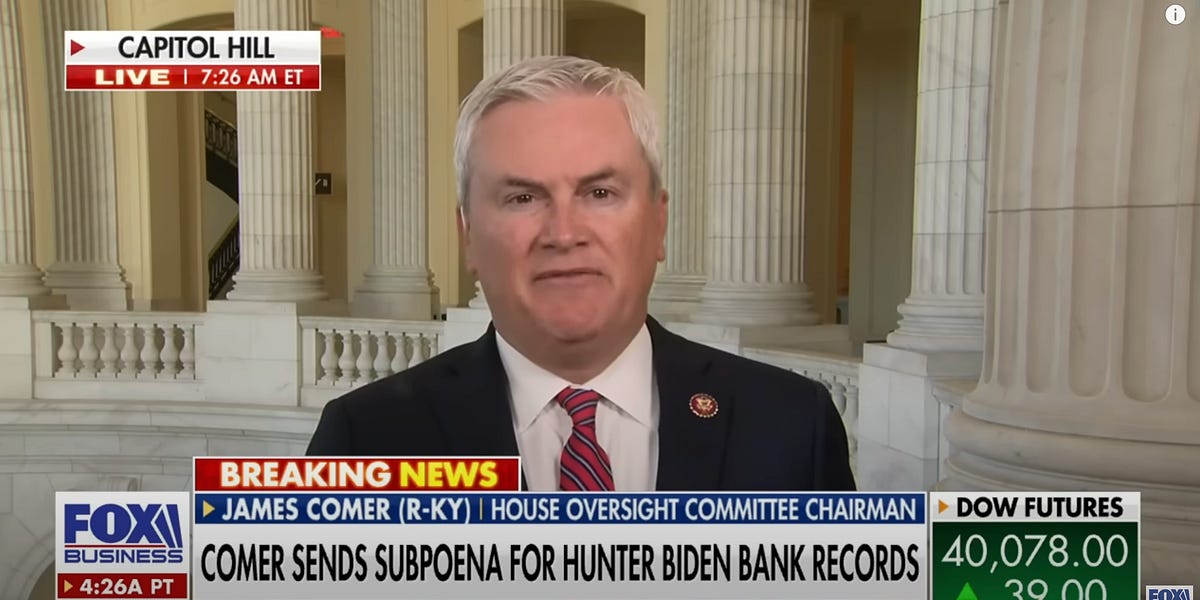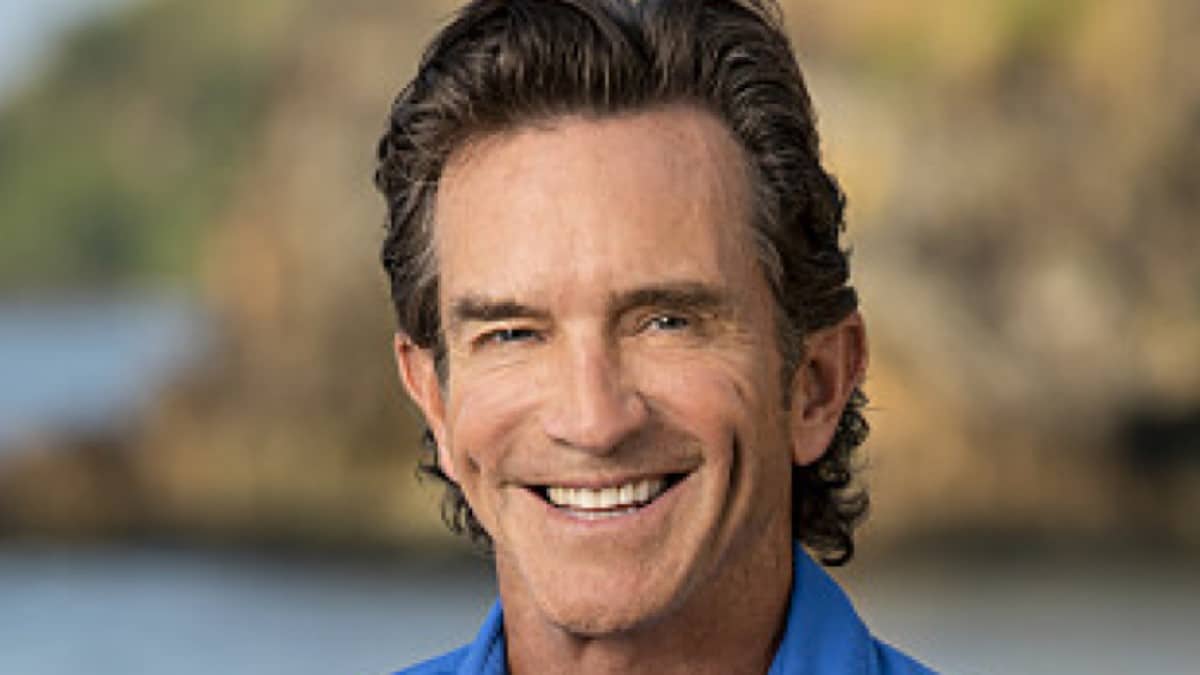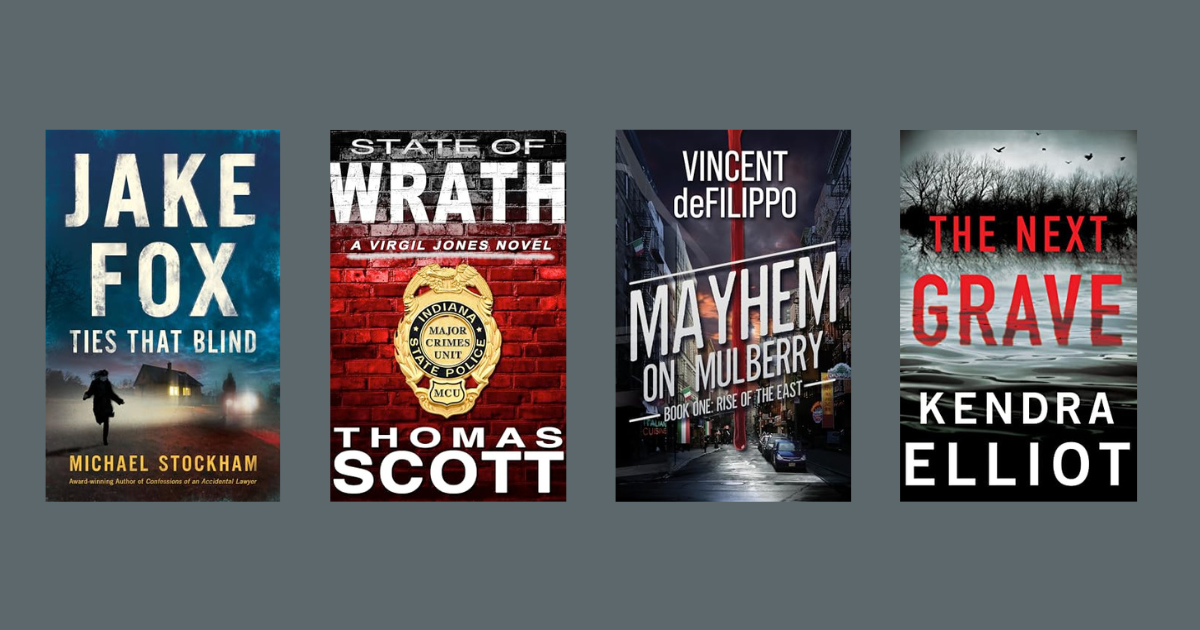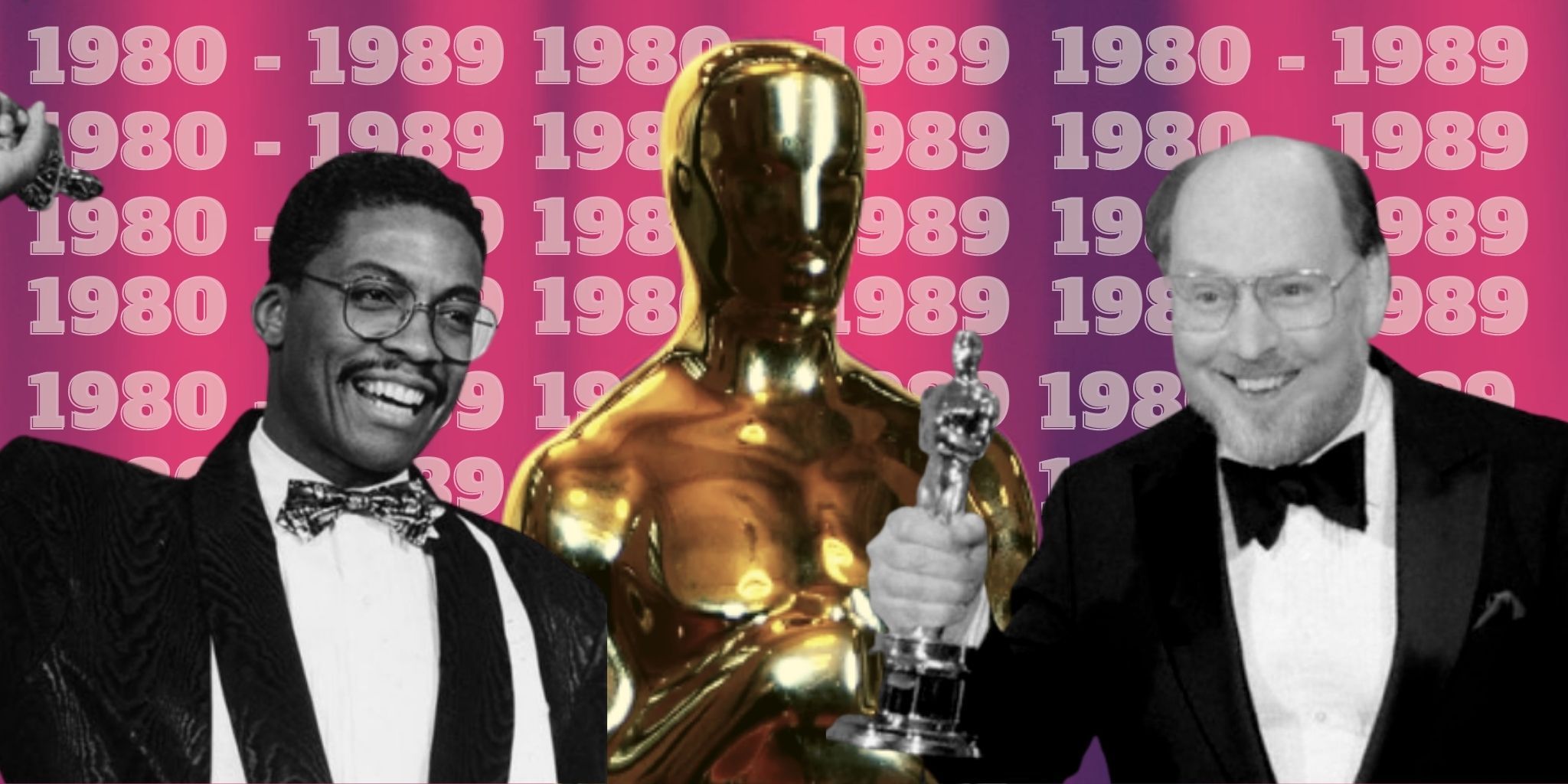Ever since its first televised event way back in 1953, the glitz and glamour of the Oscars has long captured the attention of the public eye. During its extensive history, the event has seen it hosted and attended by a lengthy list of the most famous faces in Hollywood, gathering to celebrate the greatest talent the film industry has to offer.
Over the years music in film has been acknowledged in the form of the ‘Academy Award for Best Original Score’. The prestigious trophy has been accepted by some of the most instantly recognizable composers still working today, such as musical titans Hans Zimmer and John Williams… As well as a few composers only the savviest film geeks will remember.
1980 – A Little Romance (Georges Delerue)
Director George Roy Hill’s A Little Romance is a sweet and endearing tale of teenage love set in 1970s Paris. Following Lauren King (Diane Lane) an American teenager as she meets Daniel Michon (Thelonious Bernard) a young French film buff on a movie set. As they fall in love, pressure builds against them from their adult guardians.
Scored by French-born artist Georges Delerue, the music certainly carries a particularly innocent and endearing feeling that places you right into the films French setting. Delerue was known for his preference to this approach of scoring films, placing emphasis on the feel and atmosphere opposed to churning out hit theme songs. After A Little Romance Delerue would go on to write the famous music for Platoon. His score, clearly popular, beat fellow nominees Lalo Schifrin and Jerry Goldsmith’s now classic soundtracks for The Amityville Horrorand Star Trek – The Motion Picture.
1981 – Fame (Michael Gore)
The timeless and heavy hitting 1980 musical Fame follows a group of ambitious young adults as they audition for a sorely coveted spot at the New York High School of Performing Arts. Tackling issues including but not limited to homosexuality, abortion, attempted suicide and illiteracy make it a gut punch while the classic soundtrack continues to hold up in a kind of grease lightning sort of way.
Not his only Oscar win for the night, Michael Gore also took home the prize for Best Original Song for his work on Fame. Fame’s win this year is understandably controversial considering the legacy of the films it won against this year. Primarily John Williams’ epic soundtrack for The Empire Strikes Backwhich includes the famous Imperial March and John Morris’ score for The Elephant Man.
1982 – Chariots of Fire (Vangelis)
A story of defying the odds and seeing one’s own goals through to the very end. Chariots of Fire tells the triumphant true story of two British runners as they strive towards glory at the 1924 Olympic Games in Paris. Directed by Hugh Hudson the film also won the Academy Award for Best Picture and the Golden Globe Award for Best Foreign Movie.
The name Vangelis ring a bell? Well It should. His compositions forBlade Runnerremain an electronic masterclass and his work on Chariots of Fire has a long-standing legacy of its own. Not only did it beat John Williams score for Raiders of the Lost Ark, but Chariots of Fire remains prominent in popular culture today, showing up in countless other films and parodies. The title track is truly iconic and has gained itself over 16 million plays on spotify.
Steven Spielberg’s ultimate 80s movie, E.T The Extra-Terrestrial took the world by storm when it was released into theaters on the 9th of December 1982. Starring breakout performances from a very young Henry Thomas and Drew Barrymore, audiences were brought to tears by the touching story of Elliott and his lovable alien friend. Quickly becoming the highest grossing film of the decade, E.T continues to leave its mark on pop culture today.
Another win for John Williams! After being nominated for the previous two years to no avail the Star Wars andIndiana Jones composer took home his fourth Oscar. At this point in his career he had already taken home Oscars for his work on Star Wars, Jaws, Fiddler on the Roof and certainly had many more wins to look forward to in the future.
1984 – The Right Stuff (Bill Conti)
Director Philip Kauffman’s three-hour long adaptation of the novel of the same name. The Right Stuff covers the U.S. military’s postwar research with experimental rocket-powered aircraft as well as documents the stories of the first Project Mercury astronauts selected for the NASA space program. With endearing performances from the likes of Sam Shepard and Dennis Quad, the film was also nominated for Best Picture.
After his groundbreaking work with Sylvester Stallone on the first three Rocky films made him a platinum selling artist, Bill Contiwas a highly sought after talent and was signed on for the project. Conti’s work on The Right Stuff earned him his first Oscar after two previous nominations. Winning against John Williams’ score for Return of the Jediand the popular Terms of Endearmentby Michael Gore. The very next year he would work on The Karate Kid, another famous trilogy that would bear his name.
1985 – A Passage to India (Maurice Jarre)
Visionary director David Lean, most known for Lawrence of Arabia ended his directorial career on a high note with 1984’s A Passage to India. Set in the final years of Britain’s hold over the British colonies, the film is centered on the changing dynamic between the British colonials and native Indian locals. Focused primarily on the doomed friendship between an Indian doctor, an Englishwoman engaged to marry a city magistrate, and an English educator.
With an incredible career in the industry spanning from the early 60s to the early 2000s, audiences have been listening to Maurice Jarres arrangements for decades. Having won the award previously in 1962 for Lawrence of Arabia and in 1965 for Doctor Zhivago, Jarre and Lean proved to be a film and music making power house. Beating fellow Nominee John Williams who had not one, but two nominations this year for The Riverand Indiana Jonesand the Temple of Doom.
1986 – Out of Africa (John Barry)
Bearing stellar performances from Meryl Streep and Robert Redford, Out of Africa contains one of cinemas great epic romances. As the aristocratic wife of a plantation owner in Africa learns of her husbands’ infidelity, she begins to fall in love with a big game hunter. Whose simple but charming lifestyle and outlook on life moves her to choose between love and personal development.
Up against the previous years’ winner Maurice Jarre for Witness, John Barry’s award-winning work on Out of Africa granted him his 3rd Best Original Soundtrack Oscar. Winning in the past for Born Freeand The Lion in the Water.
1987 – ‘Round Midnight (Herbie Hancock)
As a man named Dale Turner, portrayed by real life jazz legend Dexter Gordon, struggles with alcoholism in the 1950s New York jazz scene, he is offered an opportunity to play his music in Paris. Turner looks to a new life, one where he can escape prejudice and his own demons. Directed by French artist Bertrand Tavernier, ‘Round Midnight remains a love letter to the jazz world.
While lovers of jazz certainly rejoiced at such a prestigious nod from the academy, the decision was nevertheless hindered with accusations of musical injustice. Most of the criticism coming from those who believed that Ennio Morricone’s score for The Mission deserved the coveted award.
1988 – The Last Emperor (Ryuichi Sakamoto, David Byrne, Cong Su)
The Last Emperor tells the story of Chinas last emperor Pu Yi, who once captured by the Red Army in the 1950s as a war criminal recounts his life from a prison cell. Visually stunning, director Bernardo Bertolucci delivers an epic look back behind the curtain to a lost world.
Featuring nine pieces composed by Ryuichi Sakamoto, five by David Byrne, one from Cong Su, and a few incidental pieces of source music, the award was given out to the three composers. Taking the cake against Ennio Morricones The Untouchables and John Williams two nominations for The Witches of Eastwick and Empire of the Sun.
1989 – The Milagro Beanfield War (Dave Grusin)
When the small town of Milagro, Mexico becomes the desired location for a premium resort, local farmers become entrenched in a water-rights war against the greedy developers. While director Robert Redfords film seems to have won over critics in 1988, it unfortunately hasn’t been able to stand the test of time, becoming mostly forgotten by general audiences.
So with a mostly forgotten film, follows a mostly forgotten soundtrack. Remaining the most recent Oscar-winning score still without a dedicated soundtrack release, it is perhaps the most obscure winner of the award. Controversially beating John Williams score for The Accidental Touristand even Hans Zimmer’s soundtrack for Rain Man.







